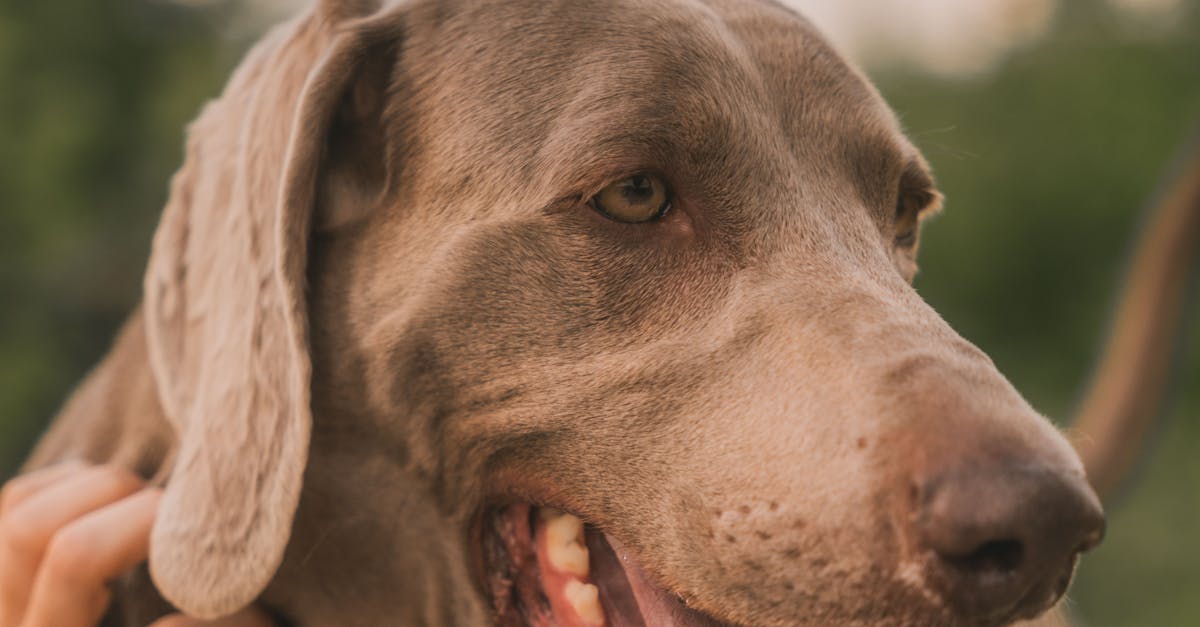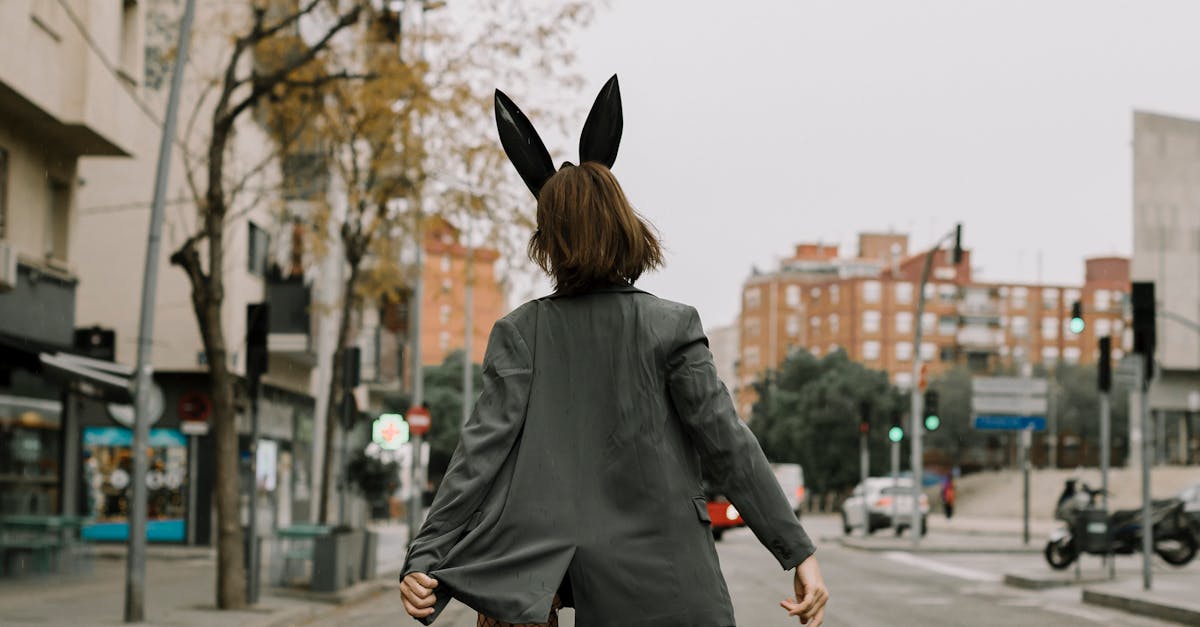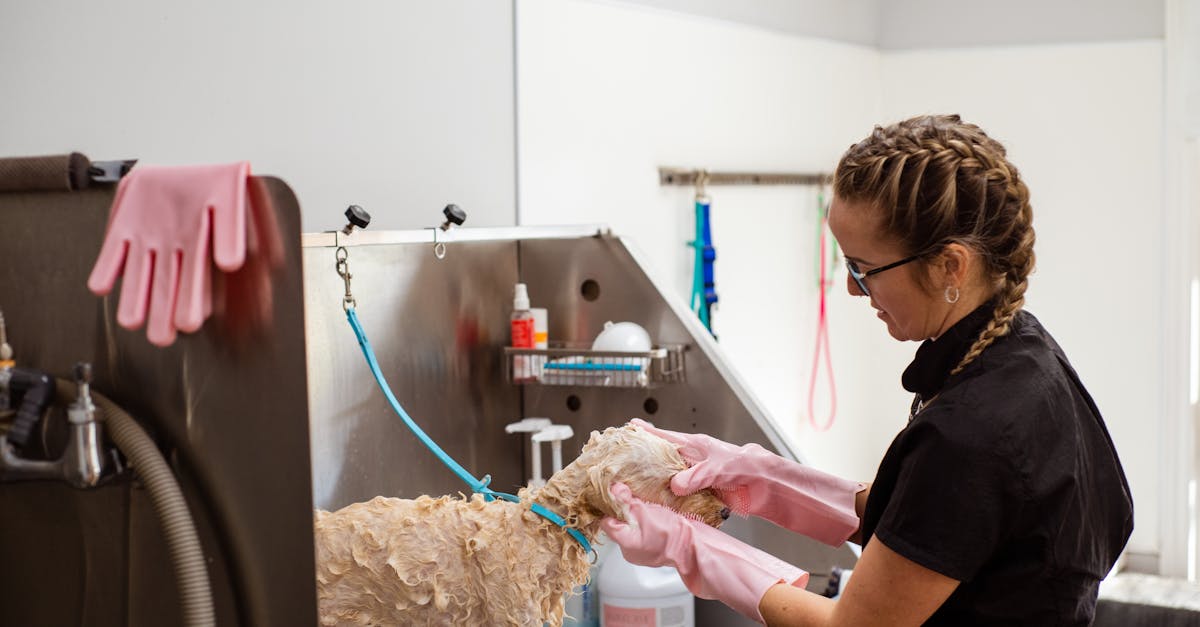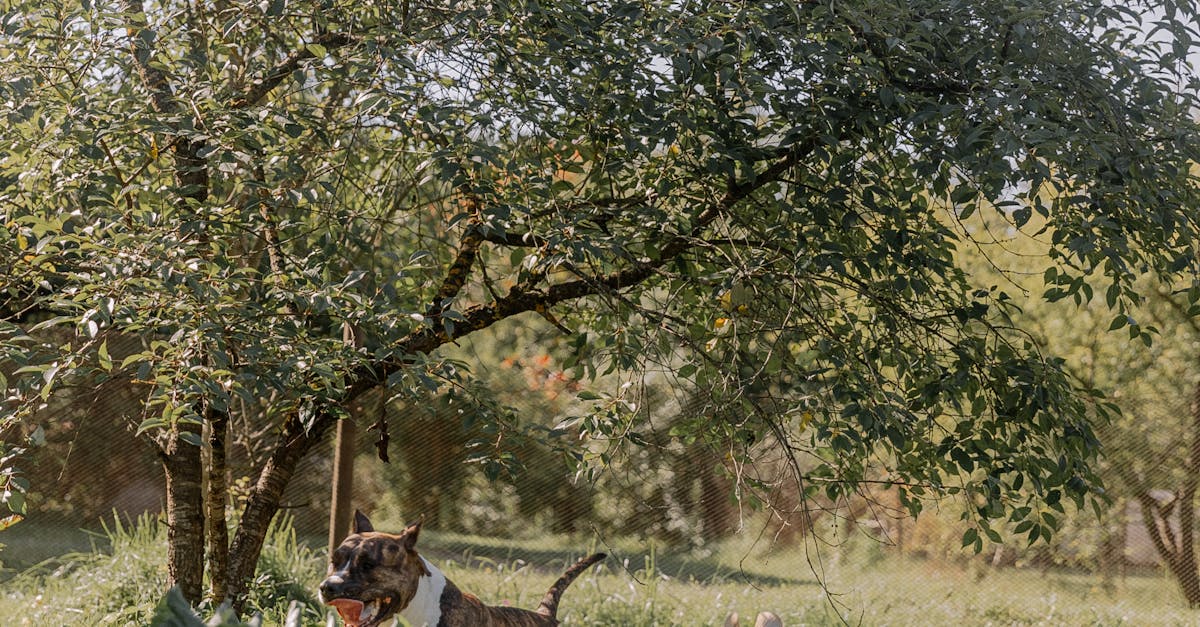
Why Is My Dog Panting At Night
- October 03, 2024
- 4 min Read
- Views 611
Why is My Dog Panting at Night: Understanding the Causes and Solutions
The sudden realization that your furry companion is panting more than usual, especially during the night, can be concerning. Many dog owners find themselves asking, "Why is my dog panting at night?" This behavior may not always indicate an emergency, but understanding the root cause can help ensure your pet's health and comfort. In this article, we'll explore the various reasons why dogs pant at night, how to identify when there's a problem, and the steps you can take to help your pet.
Common Reasons for Nighttime Panting in Dogs
Panting in dogs is a normal behavior, primarily used to regulate body temperature. However, excessive panting at night can be a sign of underlying issues. Here are some common reasons for nighttime panting:
- Heat: Even during the night, your dog might be overheating. This could be due to direct causes, such as a warm environment or a heavy coat that doesn't breathe well.
- Anxiety or Stress: Similar to humans, dogs can experience stress and anxiety which can manifest as panting. Changes in their environment, loud noises, or separation anxiety are potential triggers.
- Medical Conditions: Conditions like heart disease, respiratory problems, or Cushing’s disease could cause excessive panting. If your dog has recently started this behavior without a clear reason, it's wise to consult a veterinarian.
- Pain or Discomfort: Dogs may pant to cope with pain. Arthritis, injury, or gastrointestinal issues could be the source of discomfort leading to nighttime panting.
How to Identify Abnormal Panting
So, how do you differentiate between normal and concerning panting? Abnormal panting in dogs can often be a little more intense and consistent compared to usual light panting during or after exercise. Here are some signs that your dog's panting might require attention:
- Persistent Panting: If the panting doesn't subside over time and happens throughout the night.
- Restlessness: Your pet seems unable to settle and is showing other signs of distress.
- Wide-Open Mouth and Extended Tongue: Extreme panting accompanied by other physical stress signals.
- Noisy Breathing: If your dog's breathing is characterized by unusual noises, it might indicate respiratory issues.
- Excessive Drooling: Alongside panting, if drooling is more than normal, it could also indicate nausea or other health issues.
Steps to Address Nighttime Panting
Once you've identified abnormal panting in your dog, it's essential to determine the cause and address it appropriately. Follow these steps to help your furry friend:
- Evaluate the Environment: Check if the room is too warm and ensure your dog has enough water to stay hydrated. Consider using a fan or cooling mat.
- Consult with a Veterinarian: If you suspect medical issues, consult a veterinarian for a comprehensive examination and treatment plan.
- Assess for Anxiety: If stress or anxiety seems to be the problem, evaluate what might be causing it and practice relaxation techniques such as desensitization or provide comforting items.
- Pain Management: Watch for signs of pain and consult a vet for appropriate pain relief options.
Guide Steps to Comfortable Night for Your Dog
If you've pinpointed the cause of your dog's nighttime panting, it's time to implement practical solutions for a peaceful night:
- Create a Cool Sleeping Area: Keep your dog’s sleeping area ventilated and cool. Avoid using heavy blankets during warmer months.
- Regular Vet Check-ups: Routine health care is vital in preventing and managing potential medical issues that could lead to nighttime discomfort.
- Exercise and Mental Stimulation: Ensure your pet gets enough physical and mental exercise during the day to reduce nighttime restlessness.
- Establish a Bedtime Routine: Having a consistent bedtime routine can help reduce anxiety and make your dog feel secure and relaxed.
Frequently Asked Questions
- What is the difference between normal and abnormal panting in dogs?
- Normal panting occurs after exercise or in hot weather and is temporary. Abnormal panting is intense, lasts longer, and may be accompanied by other symptoms like drooling or restlessness.
- Can old age cause nighttime panting in dogs?
- Yes, senior dogs may experience panting at night due to age-related conditions like arthritis, anxiety, or respiratory problems.
- Should I be worried if my dog is panting heavily for no apparent reason?
- If your dog is panting heavily without an obvious cause, it's advisable to reach out to your vet — persistent panting may indicate underlying health issues.
Tags
- Dog Panting at Night
- Canine Health
- Dog Anxiety
- Dog Breathing Issues
- Dog Care Guide
References
For more information, consider viewing these trusted resources:
People Also View
-
1October 03, 2024
-
2October 03, 2024
-
3October 03, 2024
-
4October 09, 2024
-
5October 03, 2024
Categories
- Near Me 2147 Posts
- How To 548 Posts
- Where To 257 Posts
- Why 90 Posts
- How Much 97 Posts
- Travel 202 Posts
- Food And Drink 815 Posts
- Shopping 797 Posts
- Lifestyle 1050 Posts
- Automotive 364 Posts
- Digital Income 70 Posts








